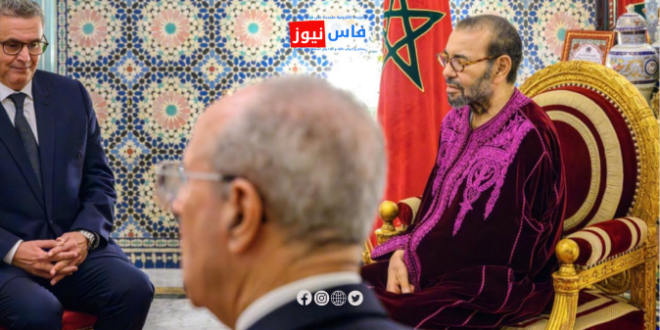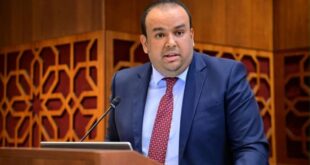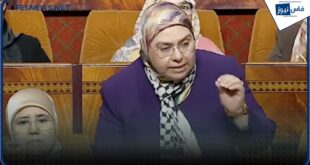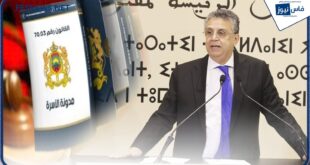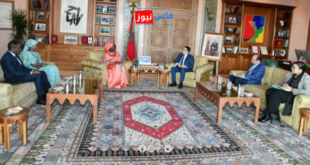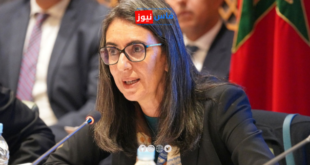On December 23, 2024, the Royal Palace in Casablanca witnessed an important working session chaired by King Mohammed VI, during which proposals for amending the new Family Code were presented. These proposals received approval from the Higher Council of Ulema for most of them, paving the way for fundamental reforms in Moroccan family law.
Among the most prominent amendments approved by the Higher Council of Ulema is the exclusion of the marital home from inheritance, which is considered an important step to protect the family’s right to housing. The Council also approved maintaining custody for divorced mothers over their children even after remarriage, which strengthens mothers’ rights and considers the children’s best interests.
Another notable amendment allows Moroccans residing abroad to conduct marriage contracts without the presence of Muslim witnesses if not possible, facilitating marriage procedures for the Moroccan diaspora. The Council also approved granting custodial mothers legal guardianship over their children, enhancing their role in managing their children’s affairs.
In a progressive move, the Council agreed to consider the wife’s housework as a contribution to the development of assets acquired during marriage, recognizing the value of domestic work and protecting women’s rights in case of divorce.
On the other hand, the Higher Council of Ulema rejected some proposals, including the use of genetic testing (DNA) to prove lineage, the abolition of the rule of agnatic inheritance, and inheritance between Muslims and non-Muslims.
The Minister of Endowments and Islamic Affairs, Ahmed Toufiq, confirmed that the scholars have delegated to the King the consideration of their opinions from the perspective of public interest, trusting in his wisdom and keenness to reconcile between preserving constants and achieving dignity and fairness for citizens.
These proposed amendments come as part of the Kingdom of Morocco’s efforts to modernize its family laws in line with social developments while maintaining Islamic identity and Moroccan specificity. These amendments are expected to spark wide societal debate in the coming days.
 فاس نيوز ميديا جريدة الكترونية جهوية تعنى بشؤون و أخبار جهة فاس مكناس – متجددة على مدار الساعة
فاس نيوز ميديا جريدة الكترونية جهوية تعنى بشؤون و أخبار جهة فاس مكناس – متجددة على مدار الساعة

